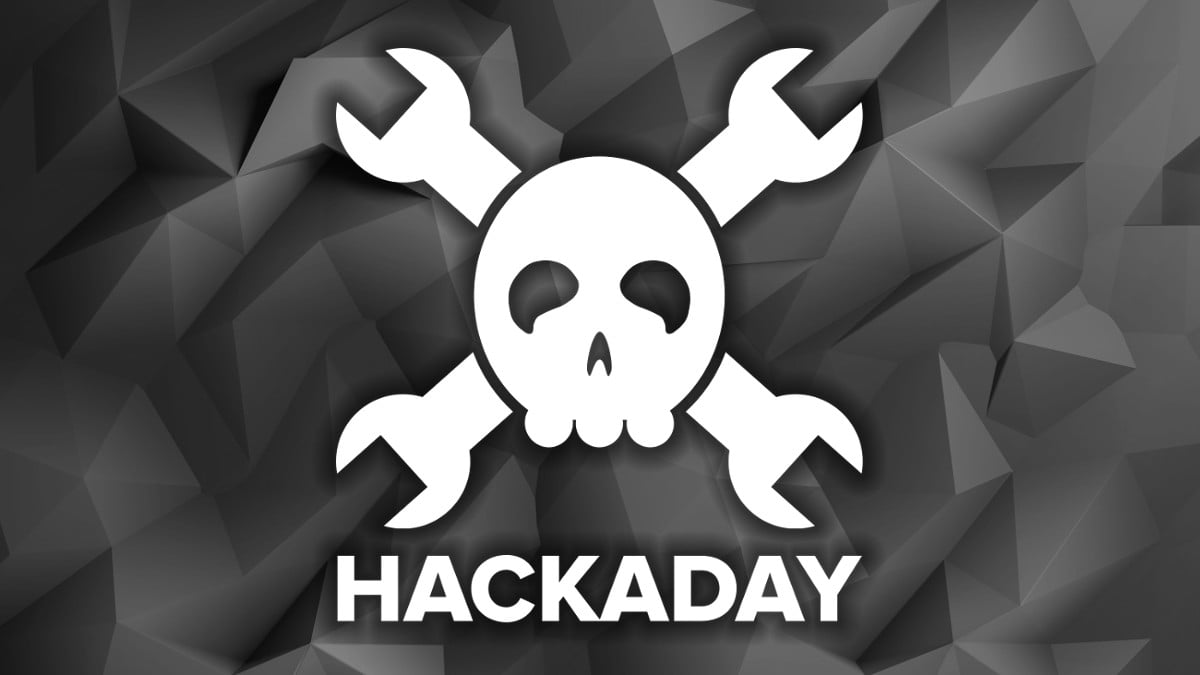Freed At Last From Patents, Does Anyone Still Care About MP3?
-
A lot of people cant tell the difference between MP3 @320Kbps and a fully lossless FLAC.
MP3 has some disadvantages over more modern formats, regardless the used bitrate. It's been a long while since I was very interested in audio formats, so I may not be up to date on some newer developments but unless anything major changed, MP3 can't do truly gapless playback between tracks (used in live albums), for example.
-
Aren't there unofficial extensions to mp3 for gappless playback? IIRC you can tag tracks as gappless and many audio players will make them so.
-
-
Aren’t there unofficial extensions to mp3 for gappless playback?
Yes and no.
IIRC an MP3 track is divided in fixed-length frames and unless the actual audio matches perfectly with the end of a frame, it's not possible and that's why cross-fading plugins for audio players were invented. The padding data is there either way but can be documented in the metadata section of a file.
Last I checked (and that was years ago, so I may be wrong) this approach was never perfect and prone to breaking. It's an inherent flaw with the format where some form of workaround exists.
That said, for most use cases this is irrelevant.
-
I don't use any one format. No idea what audio formats I have but probably a lot. Never cared, VLC takes them all.
-
Oh, yeah, not saying that they were the first filesystems, just that I can remember that transition on the personal computer.
-
-
Vinyl is lossy in that any dust or scratches on the record can be heard in the output, so this is only true if you've got an absolutely pristine vinyl.
-
PNG is really designed for images that are either flat color or use an ordered dither. I mean, we do use it for photographs because it's everywhere and lossless, but it was never really intended to compress photographs well.
There are formats that do aim for that, like lossless JPEG and one of the WebP variants.
TIFF also has some utility in that it's got some sort of hierarchical variant that's useful for efficiently dealing with extremely-large images, where software that deals with most other formats really falls over.
But none of those are as universally-available.
Also, I suppose that if you have a PNG image, you know that -- well, absent something like color reduction -- it was losslessly-compressed, whereas all of the above have lossless and lossy variants.
-
All people. 320kbps mp3 is completely audibly transparent under all normal listening conditions. It's a low-tier audiophile meme to claim otherwise but they will never pass a double-blind test.
-
Definitely not.
-
The original idea behind the superiority of vinyl was that the ambient audio was being recorded directly to the media. Of course, this wasn't even true when it was first made, as they were using magnetic tape by then to record in analog. However, there is still some merit to the idea that an infinitesimal amount of quality is lost when translating sound waves to digital data.
Most of the actual differences between cd and vinyl, though, can be chalked up to the loudness wars ruining the mixes on cd.
-
No, they're not sure. You're correct.
-
Aren’t AAC and m4a the same codec in different containers?
-
-
Yeah it works. What's the deal? You've got mp3s and then you got flac if you're audiophile.
-
no such luck for me there. the music is in /artist/album directories. I had considered flattening it all out to see if that makes a difference.
-
MP3 320kbps gang rise up!
-
-
I agree with that to a certain extent, but computer classes (at least where I grew up) weren't very comprehensive or germane to the skills people are talking about in this thread. If I think back, in elementary school we mostly had a few educational programs (typing, spelling, oregon trail, etc), and in middle school we did some stuff with excel and I'm sure some other things I'm forgetting, but we definitely didn't have anything about how computers fundamentally worked. Maybe there was some very simple coding in basic, but it would've been very limited.
The reason I learned how to mess around with files and things was because computers simply weren't very easy to use. Trying to get games running when they didn't work just out of the box was a great teaching tool. Early on you had to learn the DOS commands (which by necessity meant learning file menus), and in windows (I can't speak to anything Mac related) before plug and play worked well there was still endless tinkering you had to do with config files. Like you get the game installed but the sound doesn't work, so you have to edit the config files to try different channels for your soundblaster. Or maybe your new printer won't print, so you have to search online for the dll files you need.
There just stopped being a need to learn how to do anything like that, so the functioning of computers became that much less understood. I agree that the whole digital native narrative was dumb and hurt children's learning (if anything the generation who dealt with the problems outline above are much closer to digital "natives"), and there's a ton of stuff computer classes should be teaching these days. But classes will always only be effective in a limited capacity compared to learning about something because you need or want it to work for you in your life outside of school.



